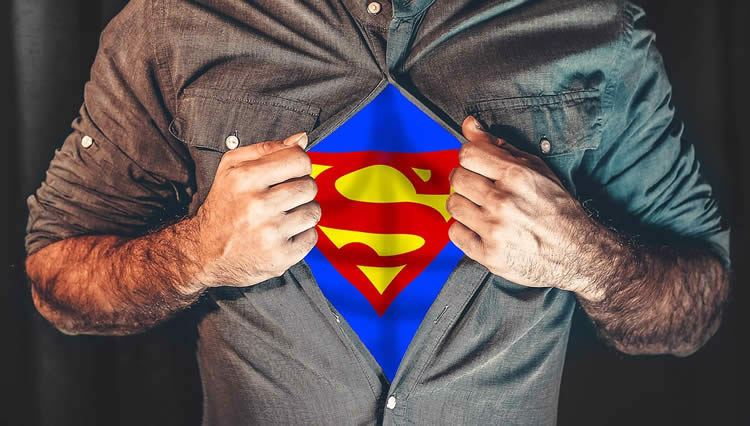WASHINGTON: Looking at posters of superheroes can trigger prosocial behaviours in people, encouraging them to lend a helping hand to others, a study has found.
Superhero movies set inspirational moral examples for many people, but whether they encourage people to help a stranger or donate money is not known
“Given that superheroes are an increasingly large and accessible part of our cultures, even if merely symbolically, we were interested in exploring their role in inspiring virtuous and meaningful lives,” said Jeffrey D Green of the Virginia Commonwealth University in the US.
“We decided to study the effect of well-known fictional heroes, such as Superman or Spiderman, as people may tend to be more motivated to emulate behaviours where there is little realism,” said Green.
The researchers exposed 245 individuals to common household pictures with either subtle superhero images — such as Spiderman and Superman — or neutral images.
Participants primed with superhero images reported greater intentions to engage in prosocial behaviours. The perception of meaning in life was not directly influenced by the superhero prime, but indirectly through helping intentions: the superhero prime increased helping intentions, which, in turn, increased felt meaning in life.
Given that the experiment relied on self-reported helping intentions, a second experiment was performed to examine actual helping behaviour.
A further 123 individuals were subtlety primed with a superhero image (Superman poster on the wall) versus a neutral image (picture of a bicycle), then invited to help with a tedious experimental task for no extra credit.
Those primed with the Superman poster were significantly more likely to help than those primed with a bicycle.
“These experiments highlight how even the subtle activation of heroic constructs through visual images of superheroes may influence intentions to help as well as actual helping behaviour,” said Green.
Future research could advance this work by examining the effects of real-life heroic figures, who may or may not be known personally, which also adds the element of possibly flawed characters.
Further, the effects of more explicit priming could be explored, such as talking or writing about a hero. The willingness to engage in helping actions could also be extended to tasks that are more strongly associated with meaning in life such as donating to charity or helping an individual in need.
“Heroes loom large as exemplars of morality. They often embody virtues that we wish to express in our lives. If subtle images of heroes trigger such positive behaviours, their inspirational role may well have the potential to extend beyond the prosocial behaviours explored in this study,” said Green.
(AGENCIES)
Trending Now
E-Paper


